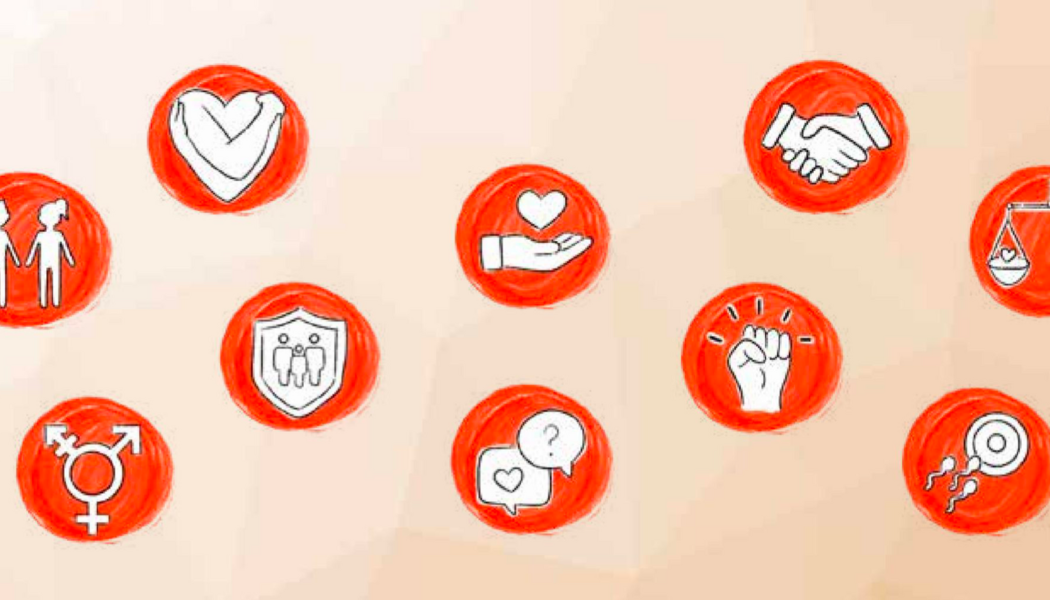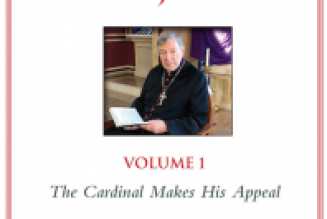
Bishop Georg Bätzing of Limburg, Germany, issued last year a pastoral guide on sexual education in his diocese, which calls for the acceptance and blessing of same-sex couples, and stands in stark contrast to recent Vatican guidance on the same subjects
The Limburg guide is dated May 17, 2022, but was made public this week.
It instructs diocesan institutions and parishes to respect different lifestyles and to “actively promote” an appreciation of “diversity in sexual identity and orientation.”
“Sexuality is not only between man and woman. But also between woman and woman. Or between man and man. Or between people who feel neither like a woman nor like a man,” the guide says.
It stresses the need for acceptance of all of these different arrangements, and says the Diocese of Limburg welcomes all couples who wish to have their partnership blessed.
The guide says that Catholic educators should encourage people “in their sexual self-determination, to which every human being has a right.”
“Self-determination means a person decides something for himself,” it adds.
Adolescents having their first sexual experiences, the guide says, “need to be supported in developing their identity, in questions of education, contraception, unwanted pregnancies and avoiding the transmission of sexual diseases.”
The document echoes a failed German “synodal way” proposal, which called for “re-defining the emphasis of the Church’s sexual teaching to a significant degree.” The failed proposal argued, among other things, that homosexual activity should not be viewed as inherently immoral.
While the Limburg guide repeatedly stresses the need to be welcoming and accepting in discussions surrounding sexuality, it does not include the Catechism’s teaching that “Sexuality is ordered to the conjugal love of man and woman” and “is realized in a truly human way only if it is an integral part of the love by which a man and woman commit themselves totally to one another until death.”
The Limburg guidelines stand in stark contrast to “Male and Female He Created Them,” a 2019 document issued by the Vatican’s Congregation for Catholic Education.
The Vatican’s document offered guidance to Catholic educators on gender and sexuality issues, and warned against deviations from Catholic doctrine.
The text warns against relativistic understanding in which “both sexuality identity and the family become subject to the same ‘liquidity’ and ‘fluidity’ that characterize other aspects of post-modern culture.”
“It is clear that if we are to provide well-structured educational programs that are coherent with the true nature of human persons (with a view to guiding them towards a full actualization of their sexual identity within the context of the vocation of self-giving), it is not possible to achieve this without a clear and convincing anthropology that gives a meaningful foundation to sexuality and affectivity,” the document says.
The Limburg guidelines, which call for “partnership blessings” during liturgies, also appear to contradict the Dicastery for the Doctrine of the Faith’s 2021 clarification that the Church cannot give blessings to same-sex unions, which are “not ordered to the Creator’s plan.”
“[I]n order to conform with the nature of sacramentals, when a blessing is invoked on particular human relationships, in addition to the right intention of those who participate, it is necessary that what is blessed be objectively and positively ordered to receive and express grace, according to the designs of God inscribed in creation,” the DDF said.
“For this reason, it is not licit to impart a blessing on relationships, or partnerships, even stable, that involve sexual activity outside of marriage (i.e., outside the indissoluble union of a man and a woman open in itself to the transmission of life), as is the case of the unions between persons of the same sex.”









